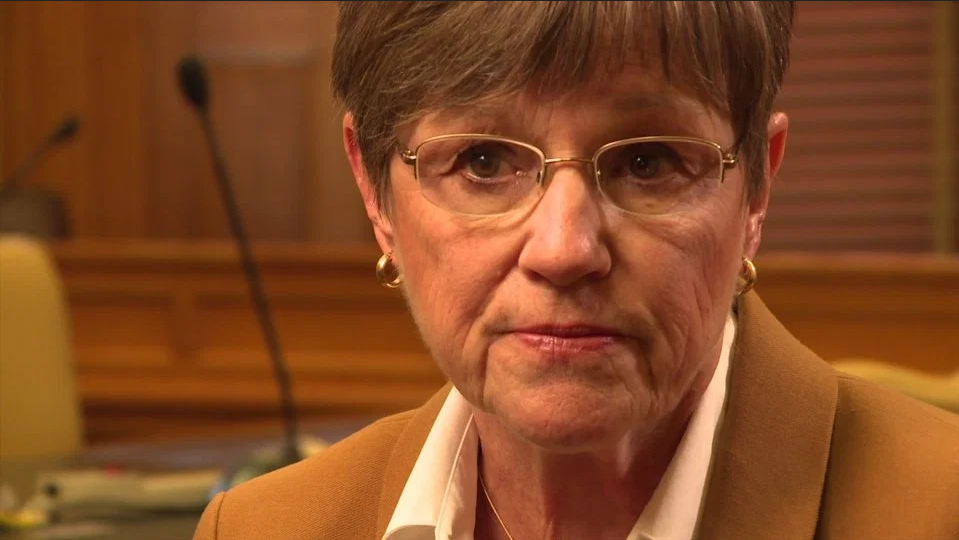Kansans can be punished for going to church this week because of the coronavirus, but abortion facilities in the state continue to jeopardize lives by killing unborn babies.
According to The New American blog, the Kansas Supreme Court quickly handed down a ruling Saturday allowing Gov. Laura Kelly, a pro-abortion Democrat, to ban church services and punish those who refuse to comply.
Allowed to stand barely 24 hours before Easter Sunday, Kelly’s executive order bans religious services of more than 10 people. It also allows religious leaders and their congregants to be punished with fines of up to $2,500 and 12 months in jail for violations.
On Wednesday, the state Legislative Coordinating Council and Attorney General Derek Schmidt took action to stop her executive order against religious gatherings. However, Kelly filed a lawsuit challenging the council and Schmidt on Friday.
The next day, the Kansas Supreme Court sided with Kelly and her order, according to the report. The ruling addressed the council’s authority to stop Kelly’s executive order; it did not deal with the question of religious freedom, Talking Points Media reports.
Punishing church-goers is not just a possibility. It already is happening in the U.S.
Last week, police fined members of a Mississippi church $500 each for attending a “drive-in” church service. Supposedly they violated a social distancing order even though the church, Temple Baptist in Greenville, required attendees to stay in their vehicles with the windows up and listen to the worship service through their radios, according to the Washington Times. A Florida pastor also was arrested in March for holding church services.
Pro-life sidewalk counselors also are being arrested for offering information and resources to pregnant moms as they go into abortion facilities. Earlier this month, David Benham and several others were arrested for praying outside an abortion clinic in Charlotte, North Carolina.
Social distancing measures are supposed to protect lives. But Kelly and other Democrat governors are allowing abortion facilities to remain open to kill unborn babies in elective abortions.
Click here to sign up for pro-life news alerts from LifeNews.com
In Kansas in particular, there are major concerns that abortion facilities may be jeopardizing the lives of all Kansans by bringing in abortionists and patients from other states who may have the coronavirus.
Operation Rescue recently uncovered information about a California abortionist practicing at a Wichita abortion facility after allegedly being exposed to the coronavirus. Pro-life advocates believe the abortionist was not tested for the virus and could be spreading it to patients.
Another abortionist may be practicing at the Wichita facility without a license. “The abortionist on duty over the eventful weekend was believed to be a former Trust Women abortionist named Cheryl Chastine, who allowed her Kansas medical license to expire in 2016, after quitting her job in Wichita. It has not been renewed. Chastine is also not listed on Trust Women’s current 24-hour consent form as required by law,” according to the pro-life organization.
In response to these concerns, the Sedgwick County Commissioners approved a recommendation last week urging Kelly and the Kansas Department of Health and Environment to include elective abortions in their restrictions on non-essential health care.
Writer C. Mitchell Shaw commented on the troubling situation:
Government is often mocked for its inefficiency, but in this case, the Kansas Supreme Court acted with extreme efficiency to trample the rights of church-goers. Perhaps the issue was never one of efficiency, but of priorities.
… A Kansan can visit a crowded abortion clinic and obtain an “elective surgery” to kill her unborn child without threat of arrest. But if a Kansan attends a religious service with even 11 people present and spread out widely across a building that seats hundreds, they all face arrest and prosecution.
That is the very definition of religious suppression by the state.
It also is a sign of politicians’ true priorities, ones that elevate certain human lives above others.








